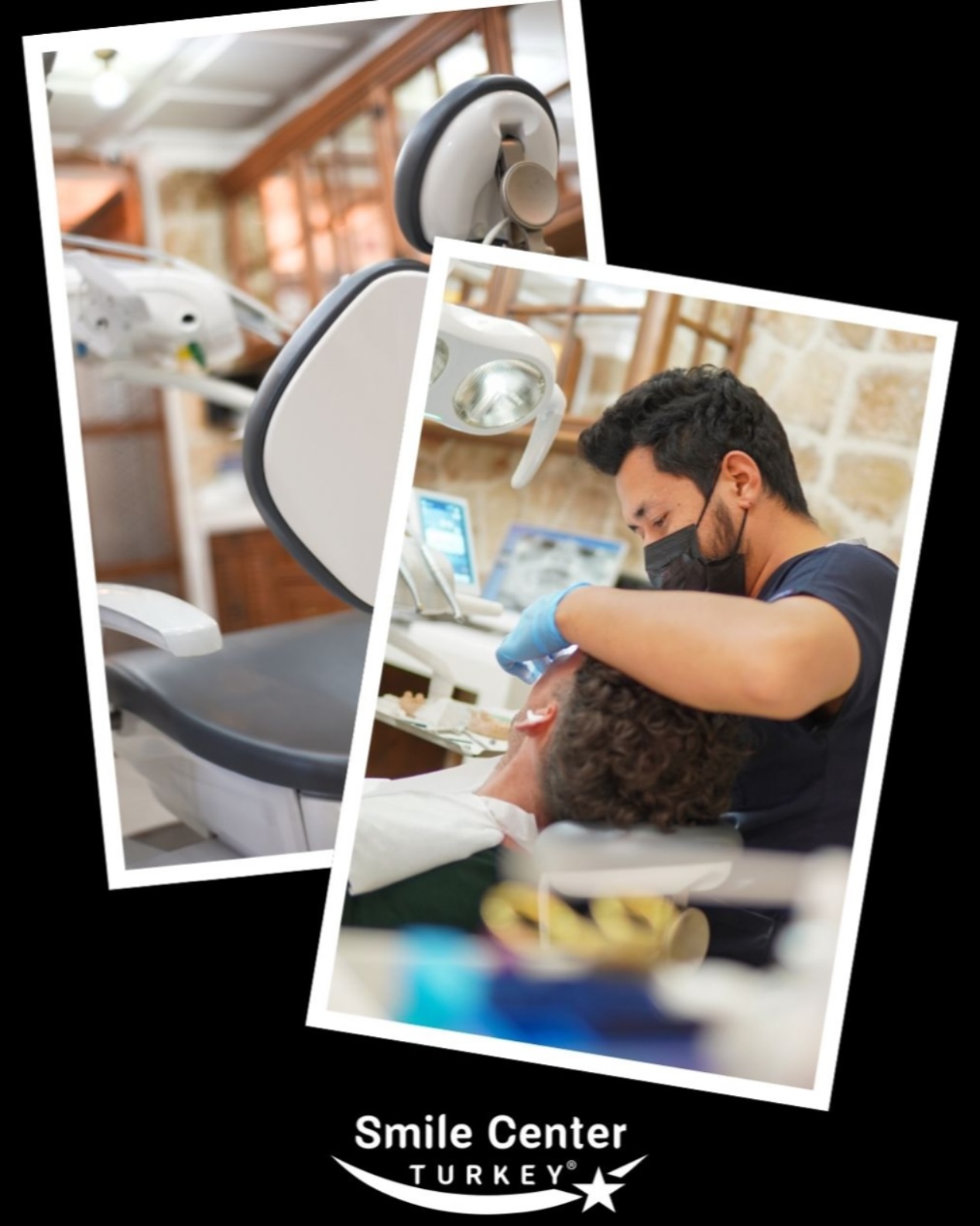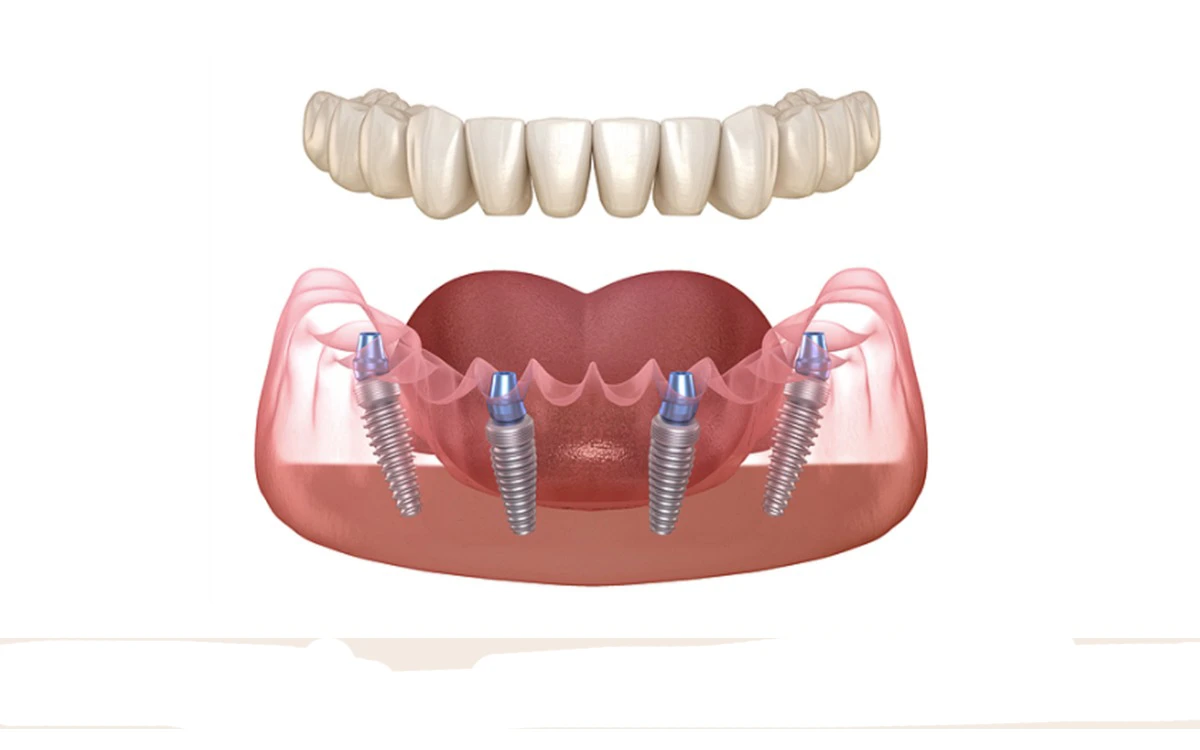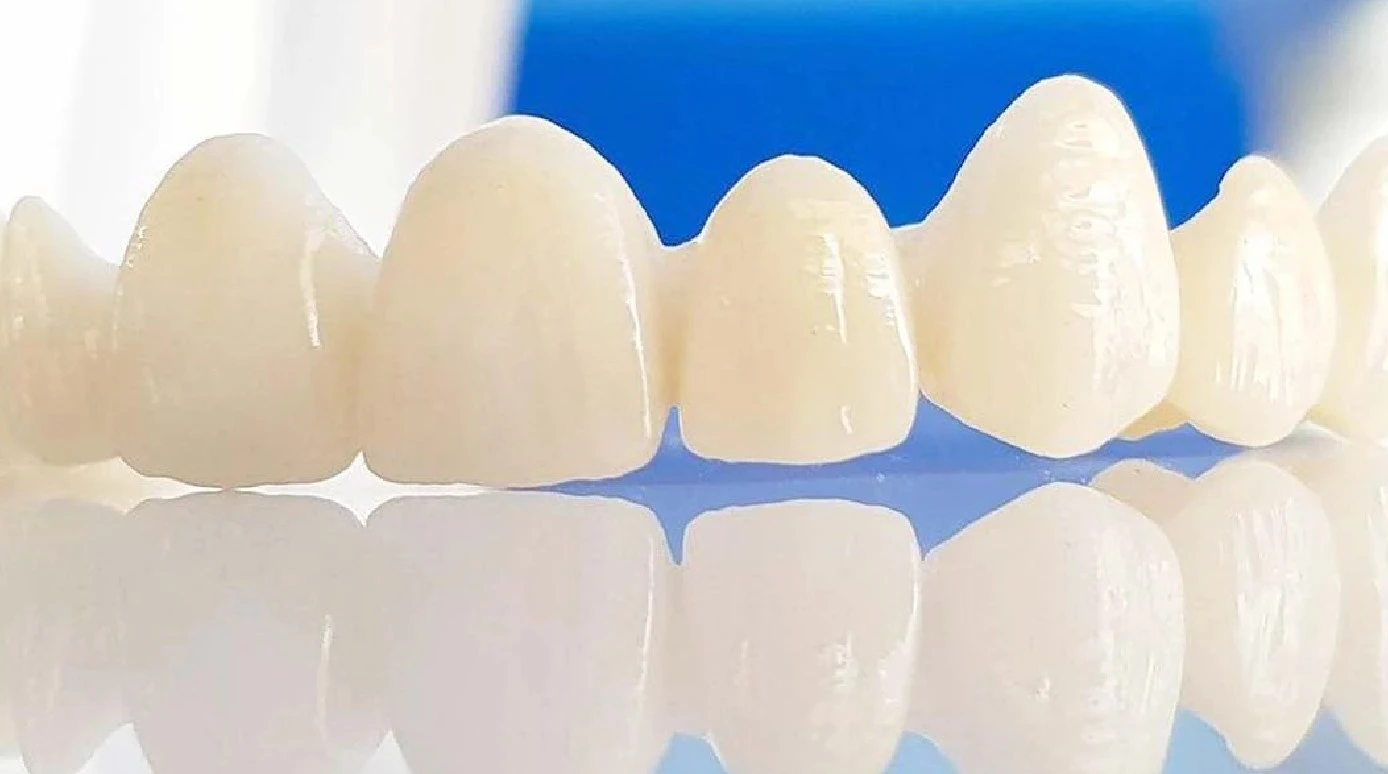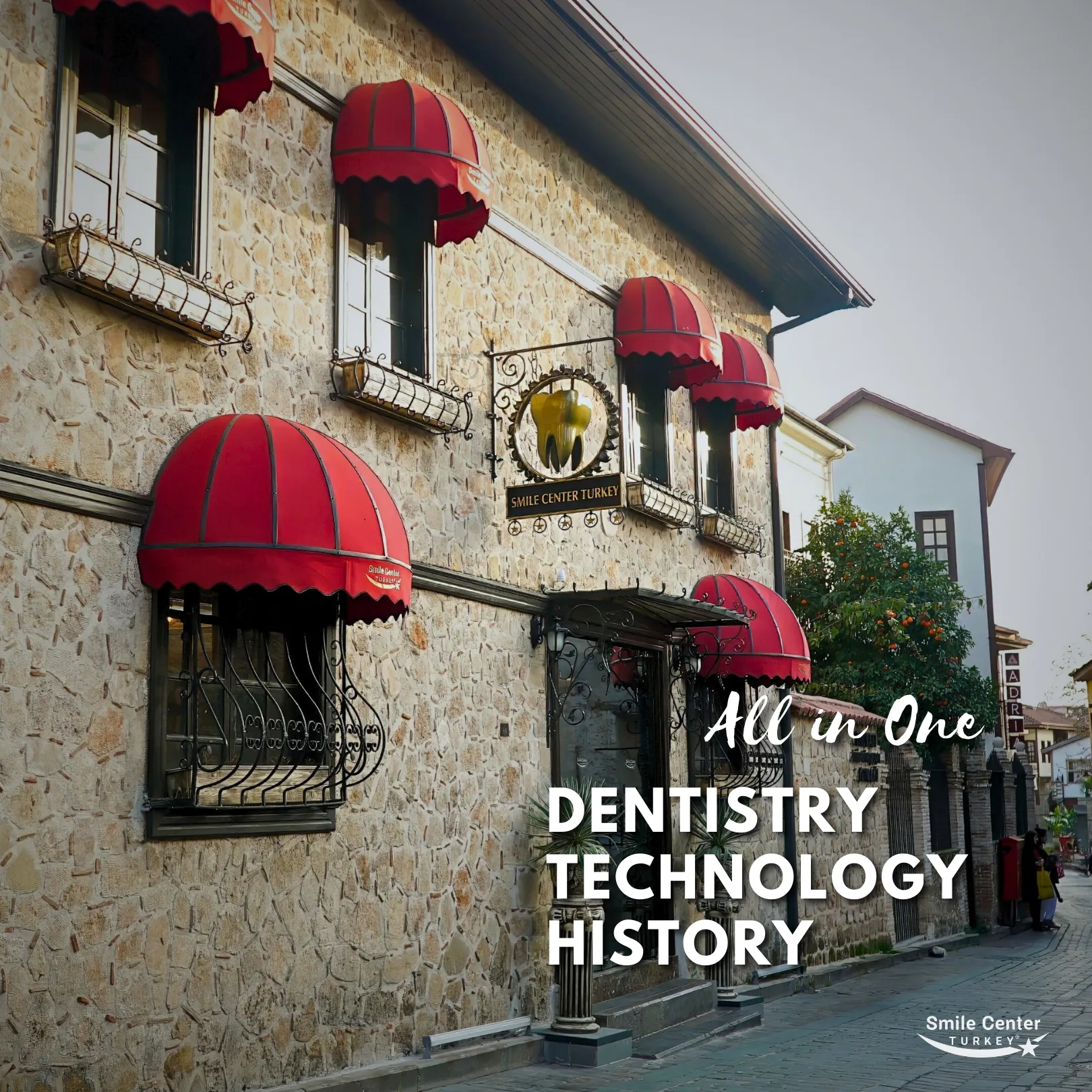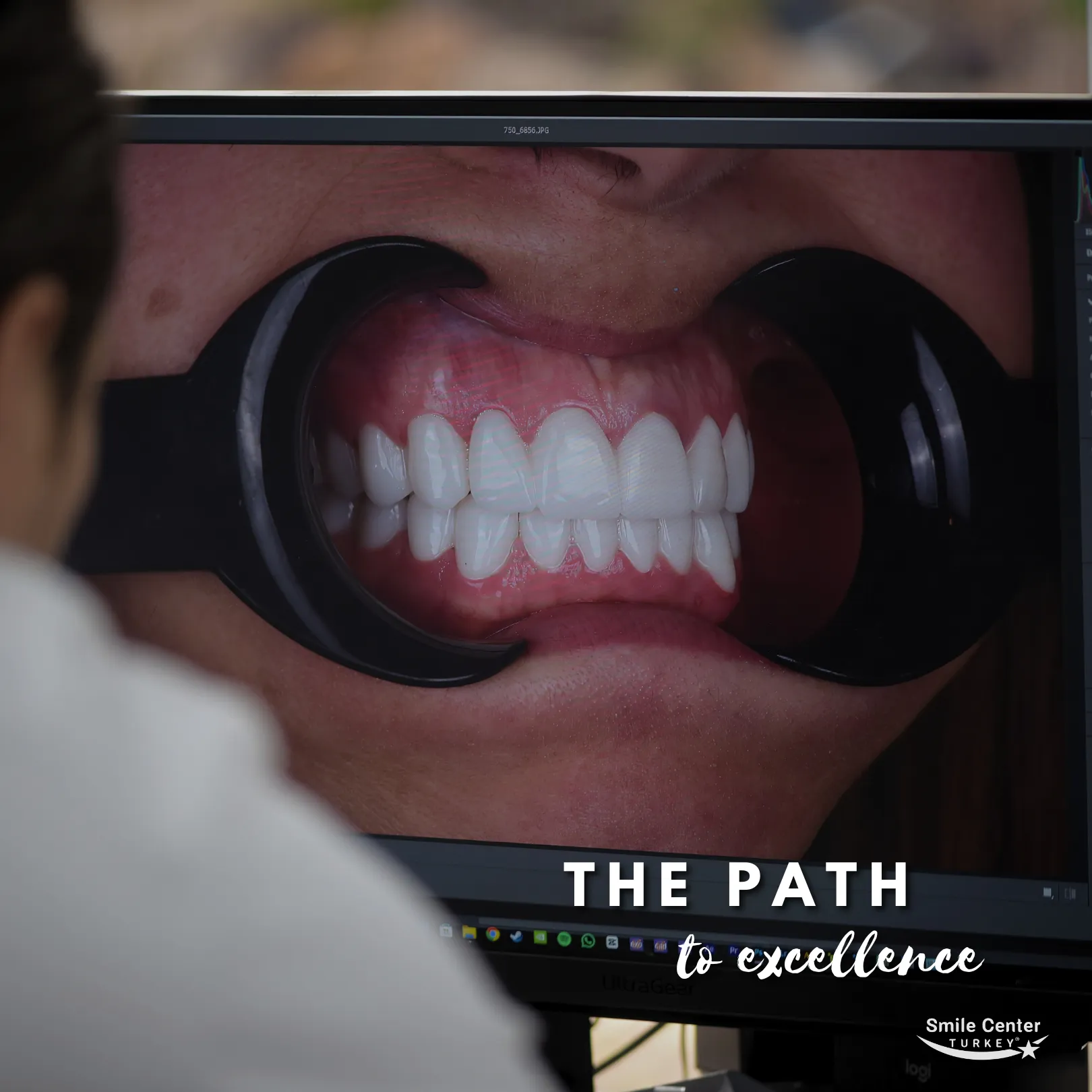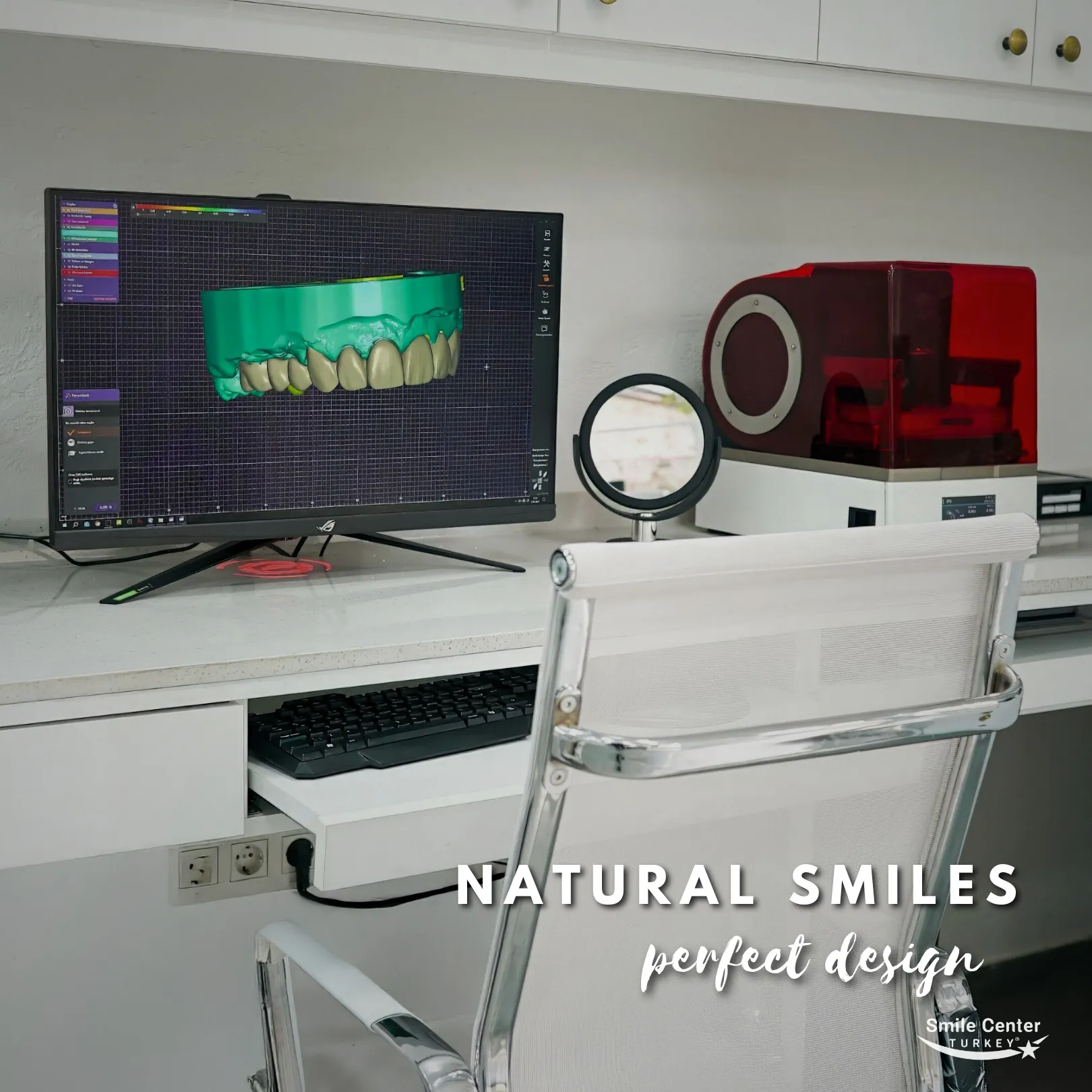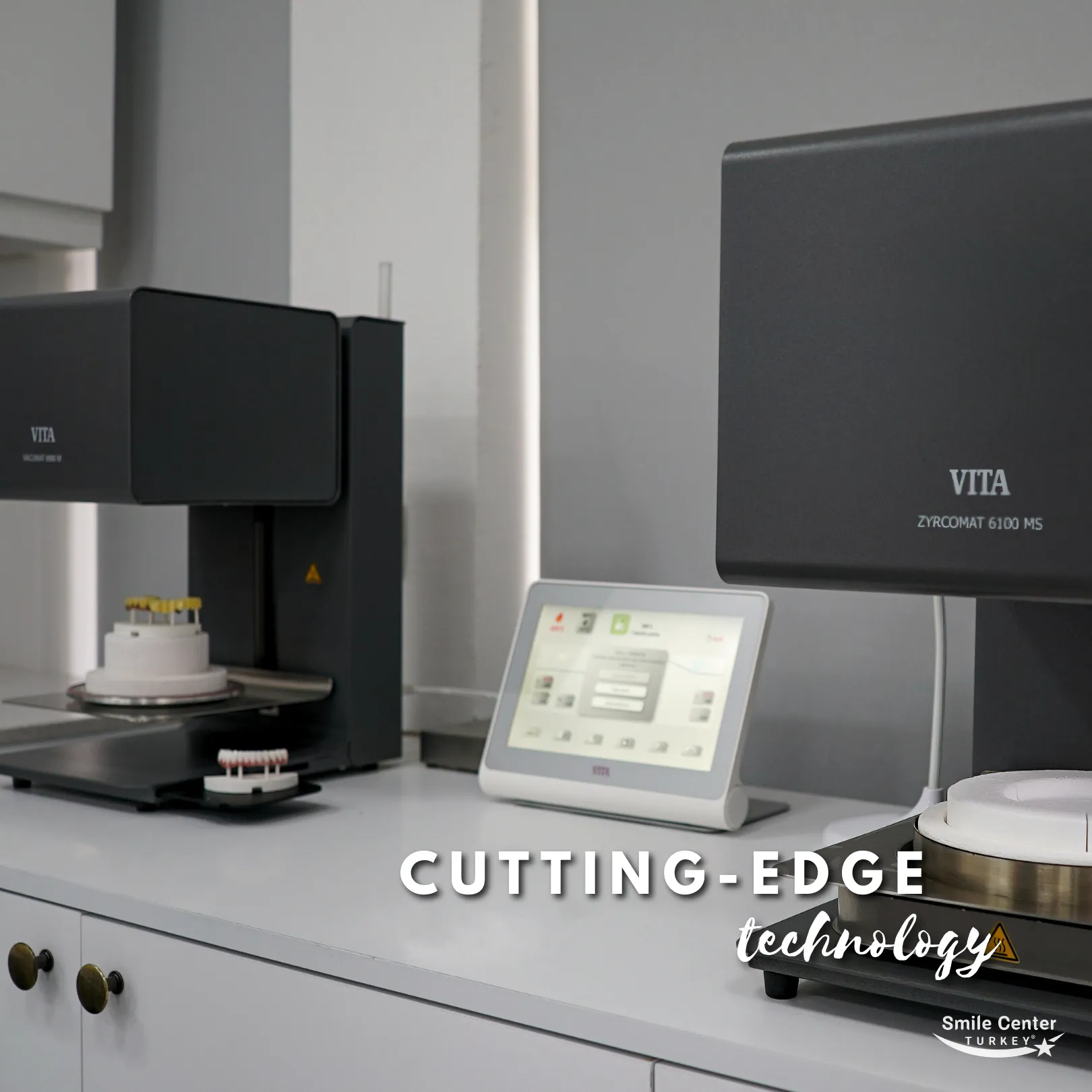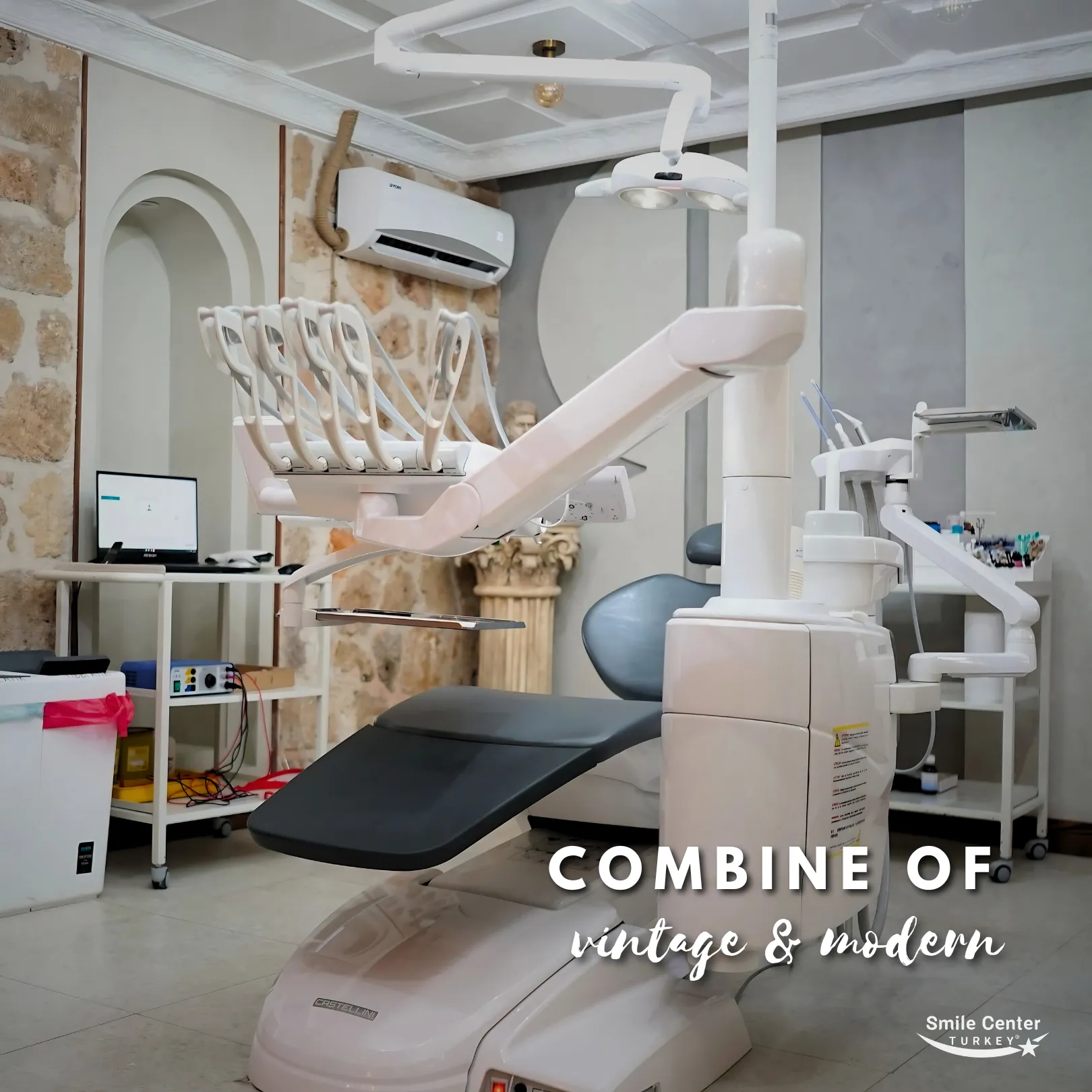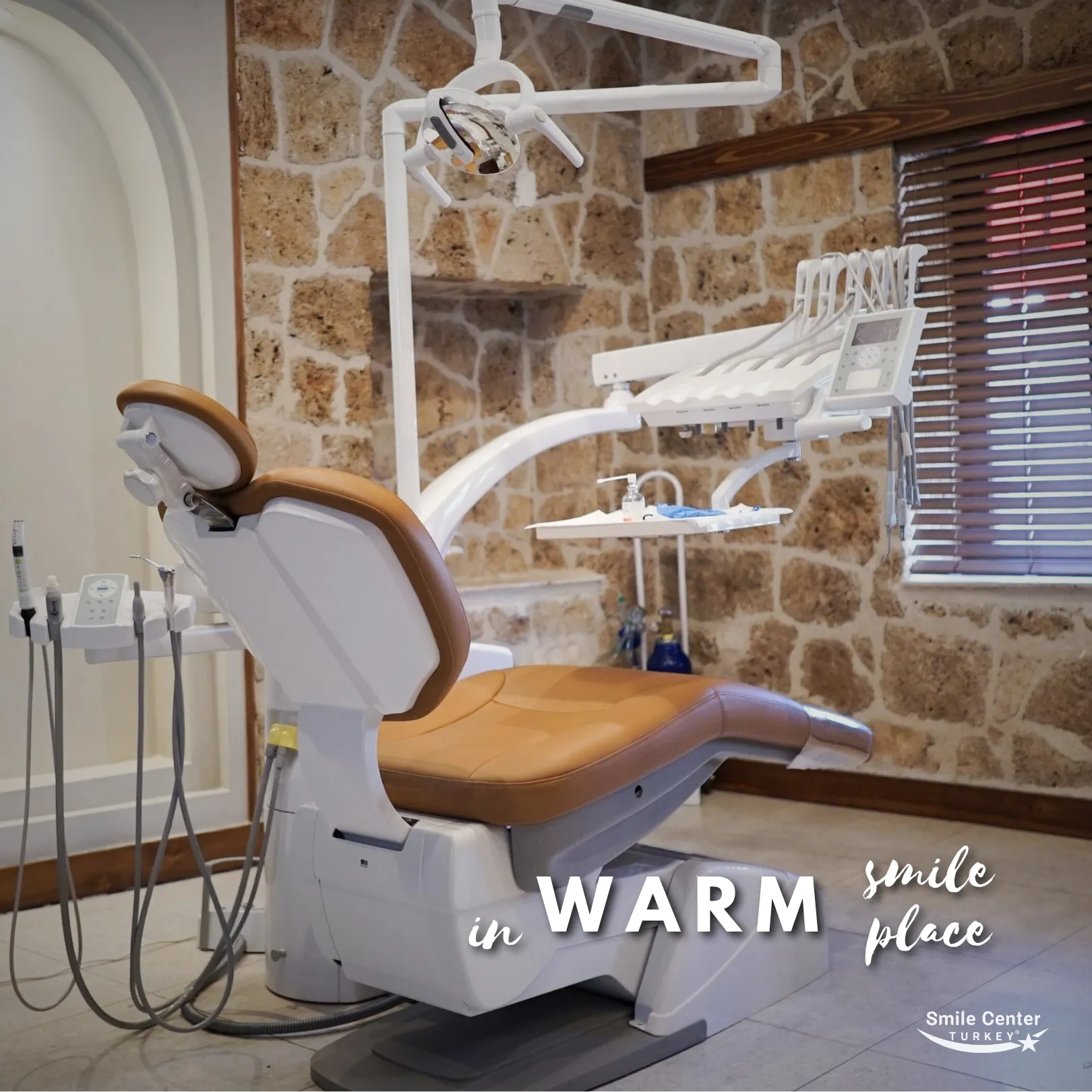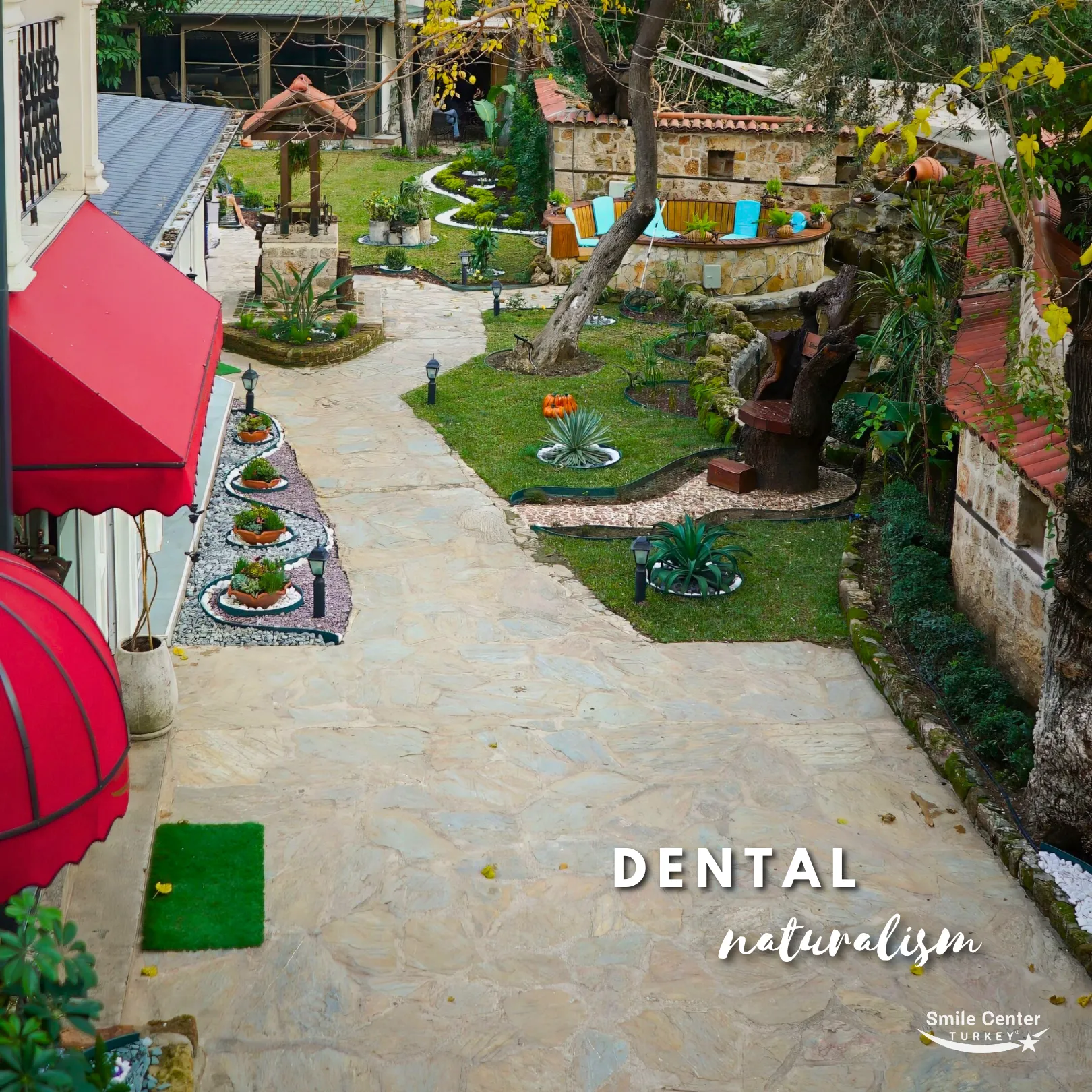Top Quality Dental Treatments in Turkey
The Place where your smile matters!
At Smile Center Turkey, we offer worldclass dental implants, veneers, and full smile makeovers performed by internationally accredited dentists. Trusted by thousands of patients from the UK and Europe.Book your free online consultation today!
Implant Treatments
Smile Center Turkey

Get Your Free Dental Quote in Seconds
No hidden costs. No obligations.
Just expert advice.
Join 2.000+ Patients from the UK
Excellent Rated Satisfaction
Book Your Free Dental Consultation
Regain your confidence with a brand-new smile in Turkey.
Speak to our UK friendly team today no commitment, just clarity.
Exclusive Services Included To Your Treatment
We take care of everything from the moment you land in Turkey, to your final check-up.
VIP Transfer
Private Patient Advisor & Translator
Medication Package
24/7 Online Consultation Service
After Treatment Check-Up Service
B&B Accommodation

All Inclusive Dental Treatment Packages in Turkey
Dental Implants Package
- Treatment
- B&B Accommodation
- Airport Transfer
- Patient Advisor
- Medication
All on 4 Dental Implants
- Treatment
- B&B Accommodation
- Airport Transfer
- Patient Advisor
- Medication
Hollywood Smile
- Treatment
- B&B Accommodation
- Airport Transfer
- Patient Advisor
- Medication
Our Doctors
Our success is led by a team of skilled and dedicated dentists. With their expertise and commitment to excellence, we are able to provide the best dental care to our patients.
Each of our members brings a wealth of experience and a long record of successful cases in a wide range of procedures addressing all oral health problems.
Happy Stories

Good service, good communication, they even got me a cup of turkish coffee as I was waiting to he evaluated, they explained everything in great detail, explained how they need to do an initial examination to see what needs to be done, it was free of charge, then they will tell you what beeds to be done and the prices and then you tell them if you want to go ahead with the work, I would highly recommend it.
Scoob S.

Had my smile performed 2 years ago and can say it was best investment ever! I was so comfortable during the process and entire communication with staff and advisors, drivers and hotel – all was perfectly arranged and i cannot that you enough Smile Center Turkey team! Thank you again and again
Lana L.

In particular Hakkan, who is without doubt an absolute star, and a great asset
What a fantastic service!
Totaly professional, and first class workmanship.
Thankyou Smile Centre, and I’ll be over to see you in a years time 👏
Kevin S

Good service, good communication, they even got me a cup of turkish coffee as I was waiting to he evaluated, they explained everything in great detail, explained how they need to do an initial examination to see what needs to be done, it was free of charge, then they will tell you what beeds to be done and the prices and then you tell them if you want to go ahead with the work, I would highly recommend it.
Scoob S.

Had my smile performed 2 years ago and can say it was best investment ever! I was so comfortable during the process and entire communication with staff and advisors, drivers and hotel – all was perfectly arranged and i cannot that you enough Smile Center Turkey team! Thank you again and again
Lana L.

In particular Hakkan, who is without doubt an absolute star, and a great asset
What a fantastic service!
Totaly professional, and first class workmanship.
Thankyou Smile Centre, and I’ll be over to see you in a years time 👏
Kevin S

Good service, good communication, they even got me a cup of turkish coffee as I was waiting to he evaluated, they explained everything in great detail, explained how they need to do an initial examination to see what needs to be done, it was free of charge, then they will tell you what beeds to be done and the prices and then you tell them if you want to go ahead with the work, I would highly recommend it.
Scoob S.

Had my smile performed 2 years ago and can say it was best investment ever! I was so comfortable during the process and entire communication with staff and advisors, drivers and hotel – all was perfectly arranged and i cannot that you enough Smile Center Turkey team! Thank you again and again
Lana L.

In particular Hakkan, who is without doubt an absolute star, and a great asset
What a fantastic service!
Totaly professional, and first class workmanship.
Thankyou Smile Centre, and I’ll be over to see you in a years time 👏
Kevin S
